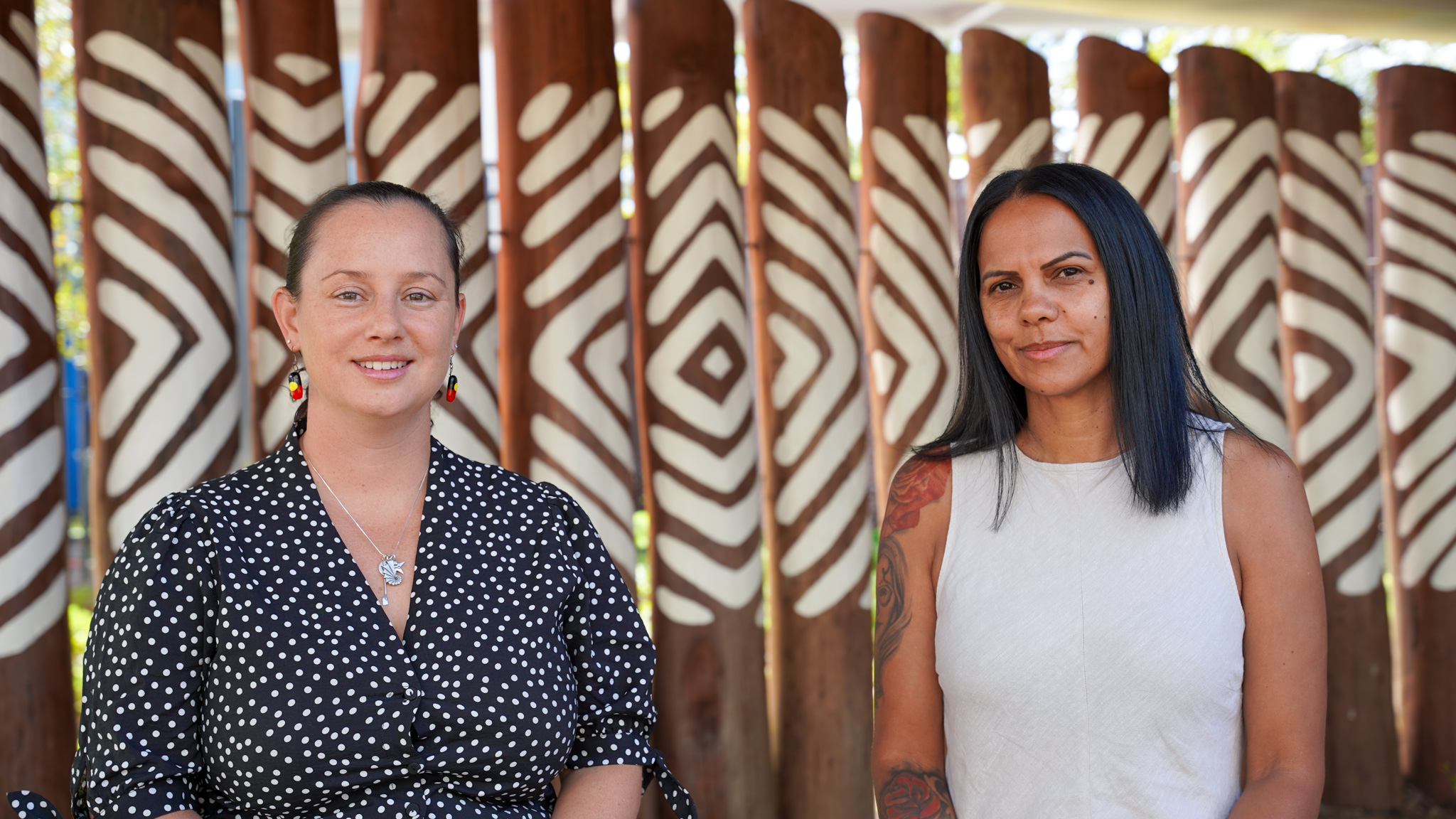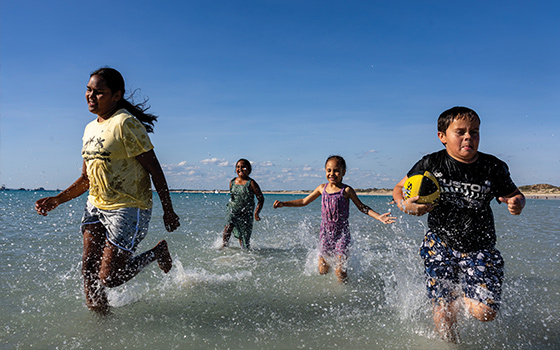Search

A first of its kind research program at The Kids Research Institute Australia aims to develop new strategies to better treat Aboriginal and Torres Strait Islander children with cancer.
Research
CRE in Aboriginal Health and Wellbeing (CREAHW)CREAHW is a program of intervention research focused on achieving sustainable change for the Aboriginal community & improving the lives of Aboriginal people.
Research
The Kids KimberleyThe aim of establishing a local presence is based upon an intention to be by invitation considered as part of the Kimberley group of organisations as well ...
Research
Indigenous Capacity Building Grant (ICBG)This was a five year grant from the NHMRC to build research capacity in ten Aboriginal researchers

Research Theme
First Nations Health and EquityAboriginal health is everyone's business. The needs of Aboriginal and Torres Strait Islander families and kids is integrated into all relevant areas of our work. Improving the health and wellbeing of Aboriginal and Torres Strait Islander kids and families is an overarching priority for every team at The Kids.

WAACHS was the largest and most comprehensive survey ever undertaken into the health, wellbeing & development of WA Aboriginal and Torres Strait Islander kids
Improving the educational experiences of Aboriginal children and young people
Research
Hot weather, maternal health, and pregnancy experiences, impacts and responses: A systematic review of global qualitative researchExtreme heat exposure is a major global public health threat that is affecting people across the life course, including the pregnancy period. Studies have linked extreme heat with adverse pregnancy and newborn health outcomes globally.
Research
Co-design of school-based strategies and supports for Aboriginal and Torres Strait Islander youth living with type 2 diabetes: A qualitative studyYouth-onset type 2 diabetes is an emerging condition impacting Indigenous populations worldwide. Schools have an important role in supporting students to manage their health. We undertook a qualitative study to (i) explore the lived experience of type 2 diabetes, diabetes management and support in school environments and (ii) co-design recommendations for age-appropriate, culturally safe school-based strategies and supports. Interviews and focus groups were undertaken with Aboriginal and Torres Strait Islander youth, caregivers, health professionals and school-based staff. Aboriginal and Torres Strait Islander youth were involved in determining the research topic.

Research
Working Together Second EditionThis 2nd edition is intended for staff and students and all health practitioners working in areas that support Indigenous mental health and wellbeing.
